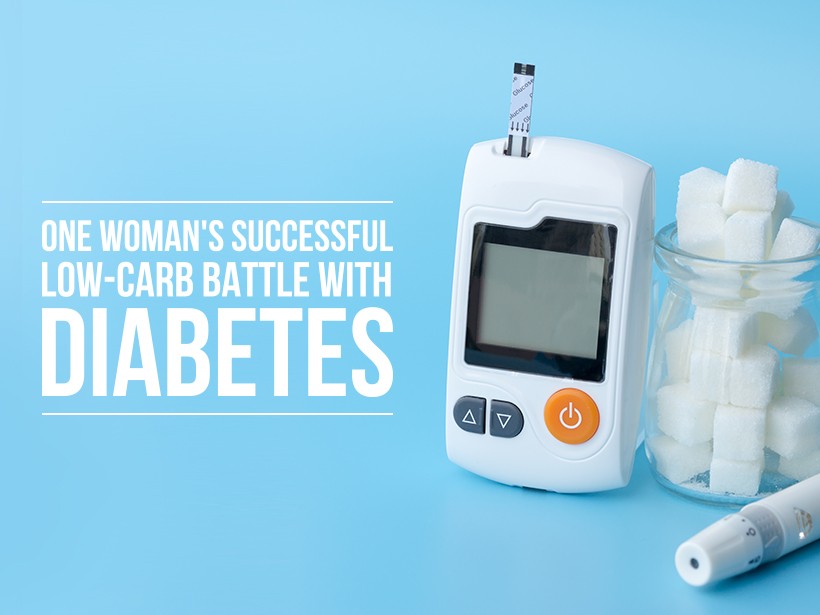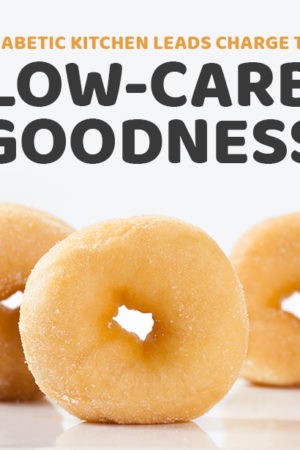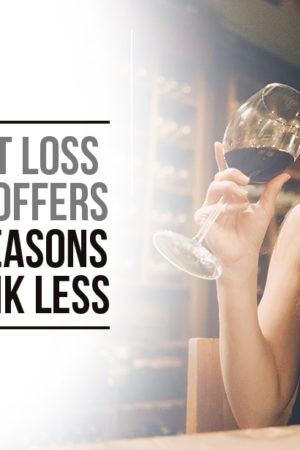I’ve written quite a bit here about the fight against obesity and obesity-related diseases like diabetes, and about how government regulators and health experts around the world are cracking down on sugar consumption in an effort to address mounting concerns for public health.
Although large-scale initiatives are critical, it’s important to remember that at the individual level, and especially in the case of people already dealing with diabetes, cutting out sugar can be an extraordinarily powerful tool for improving one’s life.
Michele Gladden's life-changing low-carb discovery
The first thing to remember is that it’s never too late to tackle your sugar habit. Take the example of Michele Gladden, a 63-year old Briton who was diagnosed with Type 2 diabetes in 2016. “I thought I lived a healthy life before I was diagnosed with diabetes,” Michele said in an interview. “I regularly went hiking with my husband, ate brown rice and pasta, had porridge for breakfast, a jacket potato for lunch and a reasonably healthy dinner.”1
After being diagnosed, Michele described feeling “permanently hungry” every time she tried to make small changes to what she ate. At first, she was told to follow the standard advice of the National Health Service; i.e., a low-fat and medium carb intake. Despite her best efforts, Michele’s diabetes was progressing and she found herself struggling with obesity.
Then she discovered low-carb dieting, a “lifesaver,” she says. “My diet is totally different now,” Michele said. “It’s about eating low-carb vegetables and ignoring advice to cut out the fats which are actually good for you.”
The power of a low-carb cure
What followed was simply stunning. Michele brought her blood sugar levels down from a frighteningly high 11 percent to a perfectly normal 5 percent.2 What’s more, she went from crossing the threshold into obesity to weighing a healthy 122 pounds.
The most important result of Michele’s low-carb diet, however, was that she beat her Type 2 diabetes back into remission. “I’m not happy maintaining my non-diabetic figures, feel at least 20 years younger and have so much energy again,” she said. And like many low-carb and ketogenic dieters, Michele reported that she just isn't interested in ending her diet. Sure, she would have to continue paying close attention to what she ate, but the many payoffs were just too good to pass up.
NUTRITIONAL DISCLAIMER
The content on this website should not be taken as medical advice and you should ALWAYS consult with your doctor before starting any diet or exercise program. We provide nutritional data for our recipes as a courtesy to our readers. We use Total Keto Diet app software to calculate the nutrition and we remove fiber and sugar alcohols, like erythritol, from the total carbohydrate count to get to the net carb count, as they do not affect your blood glucose levels. You should independently calculate nutritional information on your own and not rely on our data. The website or content herein is not intended to cure, prevent, diagnose or treat any disease. This website shall not be liable for adverse reactions or any other outcome resulting from the use of recipes or recommendations on the Website or actions you take as a result. Any action you take is strictly at your own risk.
- California Pushes for Cigarette-Like Warning Labels on Soda - July 1, 2019
- Is a Slowdown in Australia's Sugar Consumption a Sign of More to Come? - June 24, 2019
- Groundbreaking Study Says the Sugar Rush Doesn't Exist - June 12, 2019































